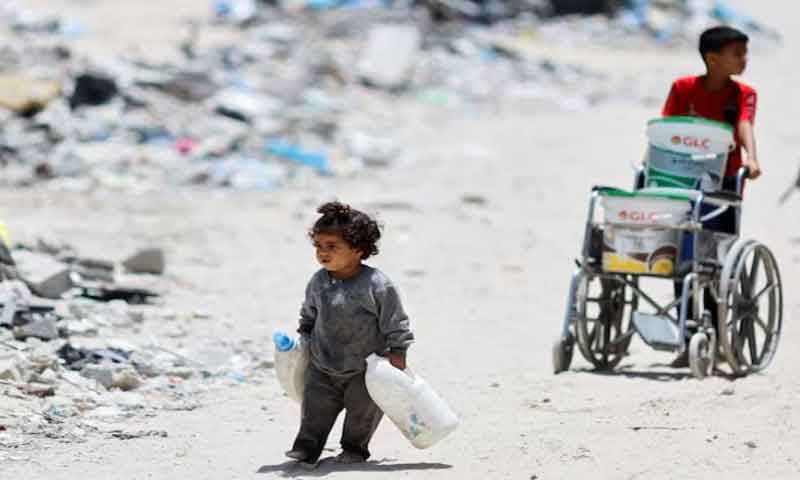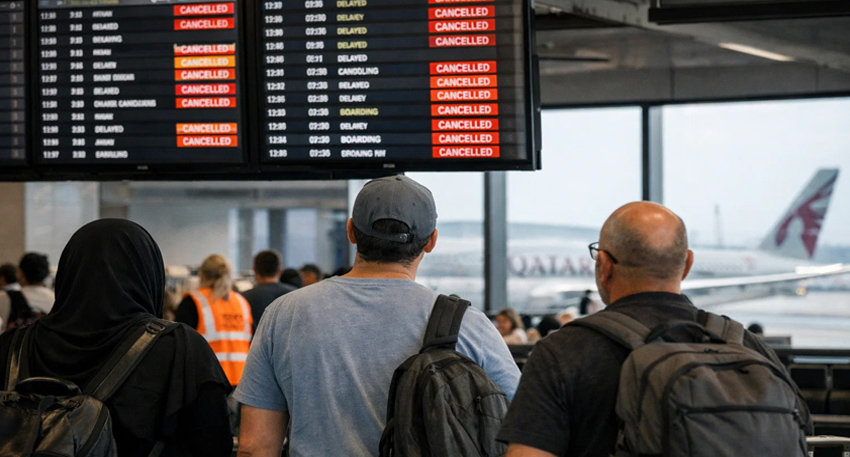
Ayadil Saparbekov, team lead for health emergencies at WHO in Gaza and the West Bank, said circulating vaccine-derived poliovirus type 2 had been isolated from environmental samples from sewage in Gaza.
"There is a high risk of spreading of the circulating vaccine-derived polio virus in Gaza, not only because of the detection but because of the very dire situation with the water sanitation," he told reporters in Geneva via video link from Jerusalem.
"It may also spill over internationally, at a very high point."
Saparbekov said WHO and UNICEF workers were scheduled to arrive in Gaza on Thursday to collect human stool samples as part of a risk assessment related to the discovery of the virus.
He said the assessment, which he hoped would be completed by the end of the week, would allow health officials to issue recommendations, "including the need for a mass vaccination campaign as well as what kind of vaccine should be used and what the age group of the population that will need to be vaccinated".
Poliomyelitis, which is spread mainly through the fecal-oral route, is a highly infectious virus that can invade the nervous system and cause paralysis. It mainly affects children under the age of 5.
Israel’s military said on Sunday it would start offering the polio vaccine to soldiers serving in the Gaza Strip after remnants of the contagious polio virus were found in test samples in areas of the coastal enclave.
The military also said that with the cooperation of international groups enough vaccines had been brought in to cover more than one million people in Gaza, which has a total population of around 2.3 million.
Without proper health services, the population of Gaza is particularly vulnerable to outbreaks of disease, public health officials and aid groups say.
"I’m extremely worried about an outbreak happening in Gaza. And this is not only polio, different outbreaks of communicable diseases," Saparbekov said.




